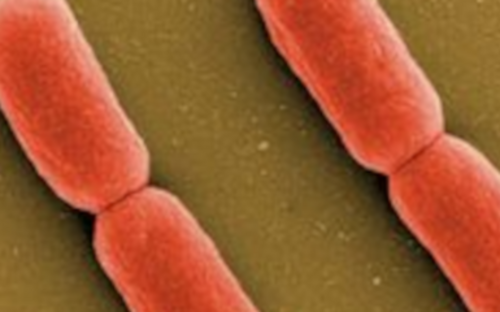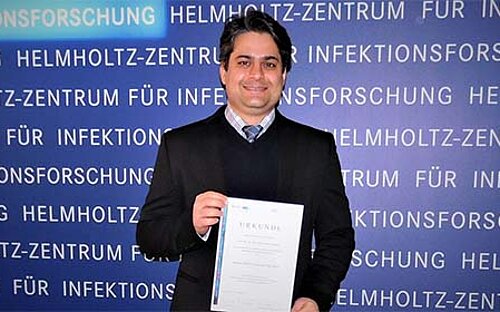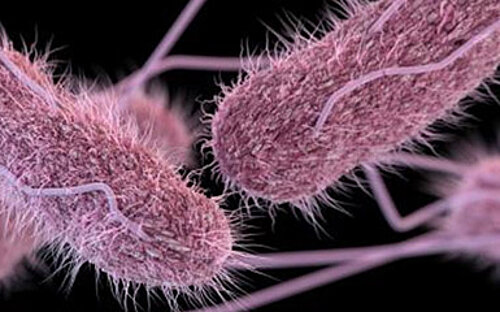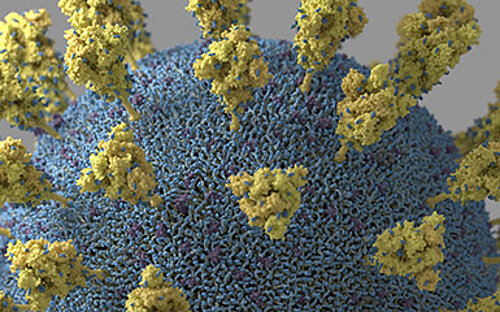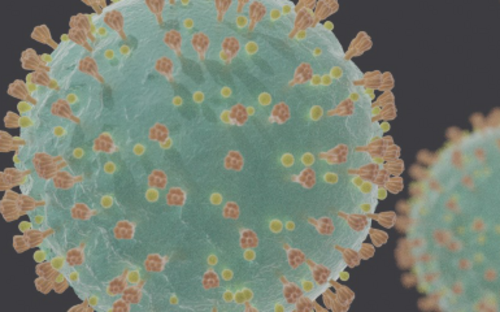System biology - it's all about the big picture
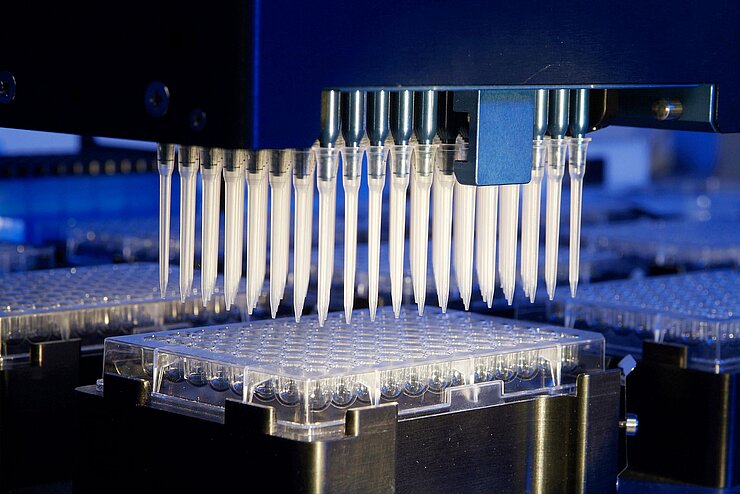
The aim of system biologists is to describe the dynamic processes of life and biological systems using mathematical models.
Genomics, proteomics, transcriptomics, interactomics – the age of “omics” has officially begun. All these various sub-disciplines have one thing in common: scientists are no longer simply concerned with the isolated study of one or a handful of molecules at a time. Instead, they're looking at the big picture: in the case of genomics, the sum of all the genes of an organism called the genome; in the case of proteomics, the sum of all proteins called the proteome.
This approach was made possible by the development of high-throughput methods like genotyping, gene expression microarrays, and mass spectrometry. Those make the myriad of measurements that are required possible within a reasonable amount of time. Genome sequencing is one example of the extent to which the methods available today have been refined over time: Whereas sequencing the first human genome took 13 years, cost billions of dollars, and kept scientists busy all around the world, today, a single lab is able to produce the same output within a few weeks’ time and at much lower costs of only a few thousand dollars.
During the process, massive amounts of data are generated. This is where systems biology comes in, combining the “omics” technologies with maths. The mission of systems biologists is to find ways to describe the dynamic processes of life and biological systems using mathematical models. These models allow them to make predictions about the processes taking place within a living cell, for example. This way, bench scientists are able to perform specific experiments and test different hypothesis. Since modelling and lab experiments build upon one another, the mathematical models are constantly being improved. Systems biology thus is an interdisciplinary research field.
Systems biology, a still rather young discipline, is continuously being refined. Its biomedical potential is obvious: The better researchers can grasp the complexities of biological processes and therefore of diseases, the easier identification of therapeutic targets becomes. Also, thanks to systems biology, drug development has the potential to become more and more efficient. Rather than investigating different therapeutic targets and testing different doses of active substances, scientists are able to use computer simulation and specifically test the most promising conditions in the lab. This strategic approach saves both time and resources.
In addition, systems biology is the basis for personalized medicine which, among other things, considers someone's individual genetic profile in the treatment of disease. Not everyone responds to a given drug in the same way. The goal of personalized medicine is to identify these differences and investigate ahead of time which therapy is particularly well suited to a patient.
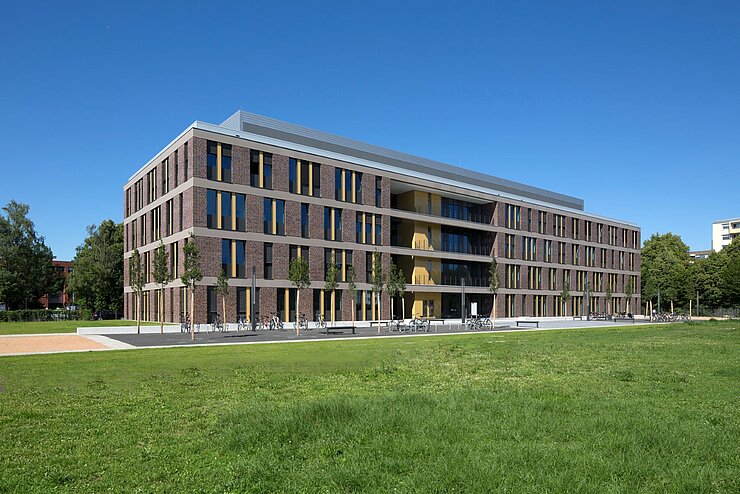
In infection research, too, it's important to shed light on molecular relationships to better understand the underlying mechanisms of infectious disease. The HZI has the necessary know-how and equipment for genome analysis and proteome research. Bioinformaticians and statisticians help manage the massive amounts of data. After all, the Department of Systems Immunology explicitly develops mathematical models to describe immune system processes.
To promote the collaboration between natural scientists from various disciplines, the HZI and the Technische Universität Braunschweig founded the "Braunschweig Integrated Centre for Systems Biology" (BRICS). The BRICS work groups will be using mathematical models to develop new antiinfectives and biotechnological production methods.
(bma)
Involved research groups
-
Computational Biology for Infection Research
 Prof Dr Alice McHardy
Prof Dr Alice McHardy -
Biostatistics
 Prof Dr Frank Klawonn
Prof Dr Frank Klawonn -
Human-Microbe Systems Bioinformatics
 Jun Prof Dr Alexey Gurevich
Jun Prof Dr Alexey Gurevich -
Systems Immunology
 Prof Dr Michael Meyer-Hermann
Prof Dr Michael Meyer-Hermann

